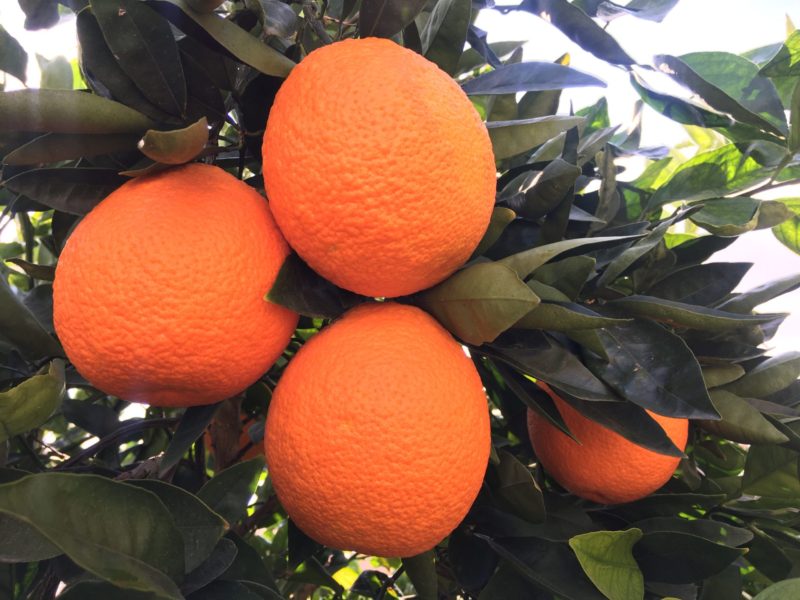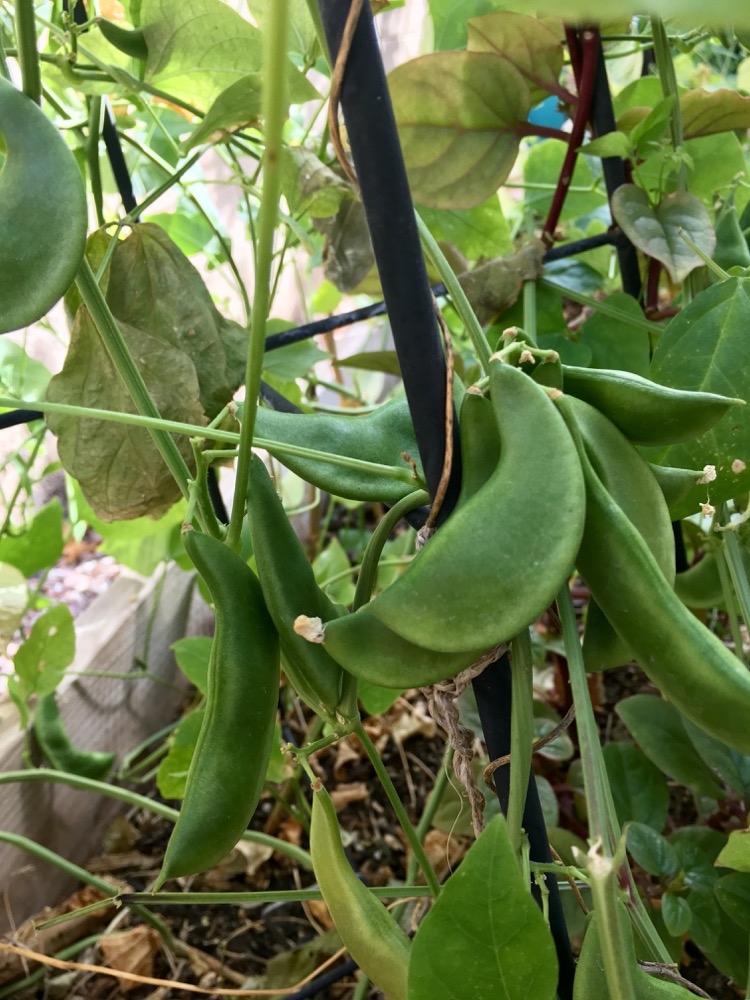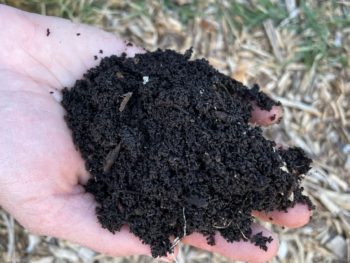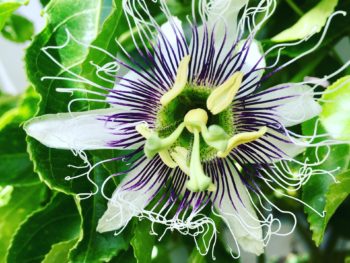Key Nutrition For Fruit Trees
When it comes to plant nutrition, most of us focused on the N-P-K, which stands for nitrogen, phosphorus, and potassium.
Nitrogen supports vegetative growth. Phosphorus supports flower and fruiting, and root growth. Potassium assists plant vigor and healthy root systems, but is essential as an aid during drought and cold stress. However, plants also require several other nutrients, and one of the most important is Calcium.
The Function Of Calcium
The function of calcium is to regulate correct enzyme production in plants. Enzymes cause biochemical reactions in plants, and trees to ensure cell division. This cell division is what causes fruit formation on trees. The calcium is, therefore, necessary to stimulate fruit growth and also affects the size and growth of the fruit as well as the quality.
Some trees will need more calcium than others. Calcium directly affects the cell walls, fruit trees that require a lot of calcium will often have a thick skin or peel, for example, oranges. Calcium also affects the texture of fruit and the storage capacity. Firmer fruit with dense flesh will store much longer than those that are soft. For example, the texture of an Asian pear is much denser and firmer than a freestone peach. The Asian pear has a much longer storage life than a peach. Other functions of calcium in fruit trees include disease resistance and even fruit size. Calcium also aids in the health of the soil structure. It is readily available to plants if there is adequate soil moisture. To assess if you are watering your plants correctly read our article on watering. Without sufficient water, calcium will not be readily available to the plant.
How To Tell If Your Trees Have A Calcium Deficiency
If your fruit tree is not producing even after regular feedings of organic amendments and the presence of pollinators, it could be lacking calcium. Another sign of calcium deficiency is that the young leaves at the terminal bud appear hooked at first, then turn brown and die back. To prevent this issue, fertilize your trees with organic plant food that contains the correct ratio of calcium. We recommend the use of Earth’s Original Organics Magic Flower, which contains 9% calcium and the extra phosphorous needed to support fruit set and growth. It should be applied from September as trees start to prepare for dormancy and store up energy for spring fruiting. Continue to use right up until fruit set and during fruit growth. After fruit begins to increase in size, switch to a monthly application of the Earth’s Original Organics Magic Mix, which supports the growth and vigor of the tree through the summer.












 How To DIY An Easy Water Garden In The Desert
How To DIY An Easy Water Garden In The Desert